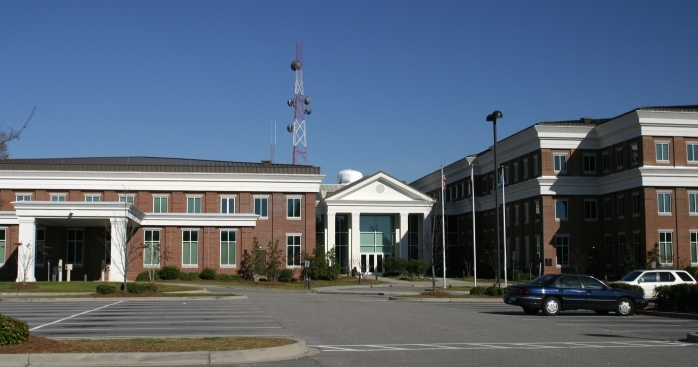LITTLE RIVER, SC – Each week, Mike Mathis hauls his silver hot dog cart to the parking lot of Bell and Bell’s dealership on S.C. 9.
His business, Buster Brown Hot Dogs, offers sausage and hot dogs, barbecue sandwiches, chips and drinks.
The setup is also basic: the cart, a picnic table with a red and yellow Nathan’s umbrella and Mathis waiting for customers in the cab of his green Ford Ranger.
“The simpler the better,” the 66-year-old said.
There was a time when Mathis mulled buying a full-service food truck. But the $50,000 price tag, the need for employees and the amount of business required to turn a profit discouraged him.
“This is all I want,” he said of his stand. “This is my little world out here.”
Right now, Mathis’ hot dog cart represents the only mobile food vending operation in the county that’s not an ice cream truck. Six months after county officials cleared the way for food trucks to operate, not a single one is rolling.
“We really don’t know
The debate over lunch wagons in the county began two years ago when a food truck owner named Karl Moser wanted to expand his business into unincorporated Horry. Moser learned that county policy allowed push carts but prohibited food trucks. He urged local officials to change the law.
Moser’s efforts led the county to form a special committee, which spent nearly a year surveying the public, developing guidelines and fee rates, and creating a blueprint for a one-year pilot program to gauge the area’s interest in food trucks.
County Council, however, overwhelmingly voted against the program last year, fearing the vehicles would siphon business from brick-and-mortar restaurants.
But in May the council changed course, approving an ordinance that allowed food trucks and called for planning staff and county leaders to evaluate the new policy after 180 days.
That discussion took place Nov. 19 at the council’s Infrastructure and Regulation Committee meeting. Councilman Paul Prince was shocked that no food trucks had received permits. He had worried about them hurting traditional restaurant business, though his peers assured him that wouldn’t happen.




